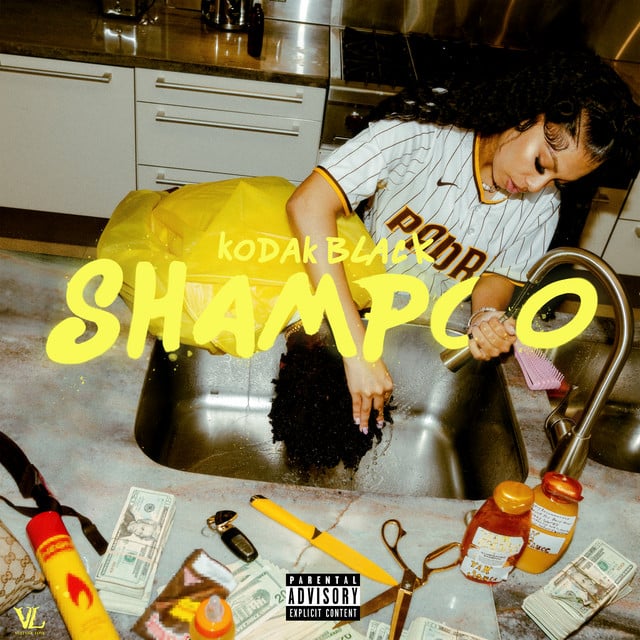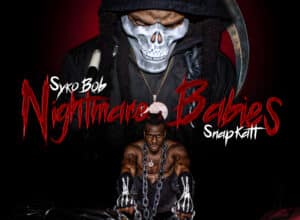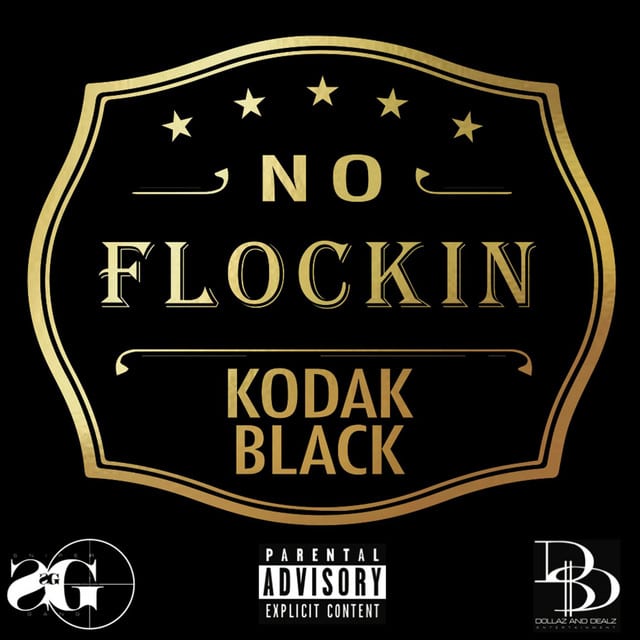Released: 2024
At first glance, “Shampoo” by Kodak Black might just seem like a barrage of braggadocio and street life references mixed with luxury and personal anecdotes. Yet, beneath the surface, Kodak paints a vivid picture of his lifestyle, tangled with success, the harsh realities of street life, and a nonchalant attitude towards the chaos that surrounds him. This track is essentially a showcase of Kodak’s life in the fast lane, drenched in wealth, risks, and a raw portrayal of his environment.
The song kicks off with Kodak making a series of references to “yak sauce” and “condiment,” metaphorically speaking to how he’s seasoned in the game—flavorful with experiences and ready to serve up his style, unapologetically. The repetition of “condiment” and “yak sauce” isn’t just for the catchiness; it’s Kodak suggesting that just like how condiments enhance food, his experiences and lifestyle add flavor to his music. When he mentions “Y-yak and cheese whip, yakker on the drip,” he’s talking about luxury cars and outfits, dripping in finesse, and living a life many can only dream of.
Kodak then dives into personal anecdotes and references that paint a picture of his day-to-day life. When he says, “I was ‘cross-town zootin’ with my dog Pookaduke,” it’s a nod to cruising around with his friends, living unrestrained. The line “Drunk a lotta coffee now I gotta shit again” employs humor to show even in his high-paced life, mundane realities still exist. The song further delves into the hard truths of the street life with references to violence and drug culture, such as “MAC can’t suppress like the evidence,” hinting at how gun violence is a prevalent part of the landscape he navigates.
The chorus with lines like “Yeah, nigga, bitch soakin’ wet, nigga, shampoo” serves as a metaphor for his influence and how he leaves situations and people transformed, much like how shampoo changes the state of one’s hair. It’s braggadocious, sure, but it’s also Kodak laying claim to his impact and presence.
Kodak doesn’t shy away from flaunting his wealth and lifestyle, with lines like “Furniture mahogany and the whole floor bamboo.” Yet, he also touches on darker themes, such as addiction and death, showing the duality of his experience in the fast life. The song seamlessly moves from boasting about luxury and sexual exploits to acknowledging the grim realities of his environment, illustrating the complexity of Kodak’s world.
In “Shampoo,” Kodak Black offers more than just a glimpse into his lifestyle; he provides a raw, unabashed narrative of his life’s highs and lows, draped in luxury but anchored in the streets. Through his unique lens, he manages to celebrate his success while remaining grounded in the realities from which he emerged, all the while ensuring listeners are well aware of the sauce—the flavor and flair—he brings to the game.








